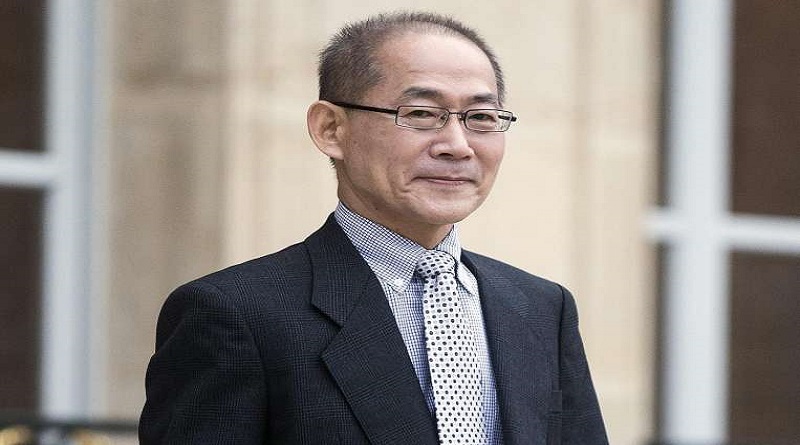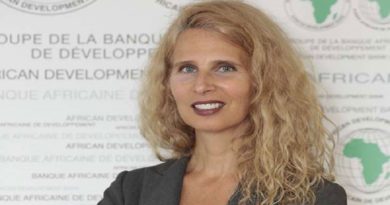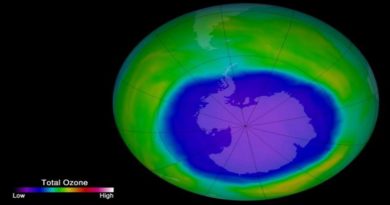IPCC opens meeting in Paris to consider 2022 climate change report outline
The Intergovernmental Panel on Climate Change (IPCC) opened a meeting on Monday to consider the outline of the Synthesis Report for the Sixth Assessment Report, which will provide policymakers in 2022 with the most up-to-date scientific information related to climate change.
The Synthesis Report will integrate the findings of all the reports that the IPCC is working on in its current assessment cycle for the Sixth Assessment Report. It is timed to be available in 2022, one year before the first global stocktake under the Paris Agreement, when governments will review the targets they set under the accord and their progress towards implementing them.
The 52nd Session of the IPCC, hosted by the United Nations Educational, Scientific and Cultural Organization (UNESCO), runs from 24 to 28 February 2020. Among other business it will also elect a member of the Bureau of the Task Force on National Greenhouse Gas Inventories and launch the regular review of IPCC procedures.
“Like all IPCC products, the Synthesis Report will be policy-relevant,” said IPCC Chair Hoesung Lee.
“It will help policymakers in government at all levels and decision-makers in business and civil society develop climate-resilient development pathways, and connect climate action to economic and societal concerns and options,” he told the opening session of the meeting.
Over the past 18 months the IPCC, the world’s leading body for assessing the science related to climate change, has released three special reports – on global warming of 1.5ºC, on land use, and on the ocean and cryosphere – and a methodology report. The three IPCC Working Groups are now preparing their contributions to the Sixth Assessment Report, which will be released in 2021.
The Synthesis Report, due to be released in the first part of 2022, will present the latest state of climate knowledge by drawing on information from these other IPCC reports. It will serve as the basis for international negotiations and will be ready in time for the first global stocktake under the Paris Agreement in 2023.
Governments agreed in Paris in 2015 to respond to climate change by limiting global warming to well below 2ºC above pre-industrial levels while pursuing efforts to hold it to 1.5ºC. Each government decides its own actions in furtherance of this goal, known as Nationally Determined Contributions. They agreed to review progress towards the goal in a global stocktake every five years starting in 2023.




